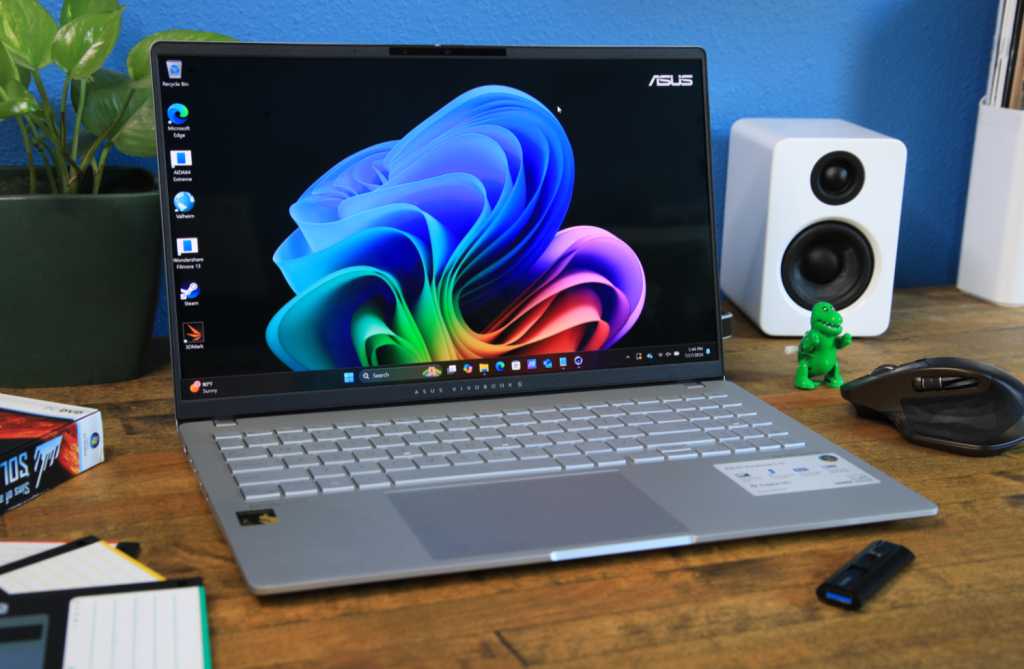Choosing the right laptop for college can indeed feel like a daunting task, but it’s essential to find a machine that suits your specific needs. Here’s a guide to help narrow down the most important features to consider when shopping for your perfect student laptop.
1. Battery Life
The first and most important feature for any college laptop is strong battery life. You don’t want your laptop dying in the middle of a lecture or study session. Aim for a laptop that can last 10-15 hours on a single charge. Some laptops, especially those with Qualcomm processors, can last 20+ hours, like the Surface Laptop 7 and Samsung Galaxy Book4 Edge, making them a great choice if you need all-day usage without worrying about charging.
2. Adequate Power for Everyday Tasks
For tasks like writing papers, browsing the web, and light multitasking, you don’t need a top-of-the-line processor. An Intel Core i3 or AMD Ryzen processor, paired with 8GB of RAM and at least 256GB SSD storage, should suffice for basic needs. However, if you have the budget, upgrading to 16GB RAM and 512GB or 1TB SSD will give you better performance, particularly for running multiple apps at once or storing a lot of media files.
3. A High-Quality Display
Spending long hours in front of your laptop makes a quality display essential. Look for a 1920×1080 resolution (Full HD) at a minimum. If you’re into design or watching media, consider an OLED display, like the Asus Zenbook 14 OLED, which offers richer colors and deeper blacks. A good screen will reduce eye strain, especially if you’re studying or watching videos for extended periods.
4. Lightweight and Portable
Portability is key for students constantly on the move. Aim for a laptop that weighs under 4 pounds, making it easier to carry between classes. For those who prefer something even lighter, the Acer TravelMate P6 weighs just 2.65 pounds, ideal for those with lighter bags or who need to travel light.
5. Operating System
The operating system (OS) is crucial depending on your needs. Here’s a quick breakdown:
- Windows: Best for users who need access to a wide variety of software, such as design or video editing tools.
- ChromeOS (on Chromebooks): A great choice if you need a straightforward, budget-friendly laptop for browsing, writing, and working in Google Docs. Chromebooks are also less vulnerable to malware.
- macOS: If you’re already embedded in the Apple ecosystem and prefer seamless integration with other Apple devices, a MacBook could be a good fit.
6. Comfortable Keyboard
Since you’ll be doing a lot of typing, choosing a laptop with a comfortable, responsive keyboard is crucial. Look for laptops with key travel of at least 1.4mm for a more satisfying typing experience. If you need a number pad for quick calculations, consider options like the Asus TUF Gaming A16. Additionally, most students will prefer membrane keyboards due to their quiet operation and affordability.
Final Thoughts
A laptop is a long-term investment for your academic success, so choose wisely. Battery life, display quality, processing power, and comfort should be prioritized, but don’t forget to think about portability and the operating system that fits your lifestyle. With these features in mind, you’ll be well on your way to selecting the best laptop for your college years.






